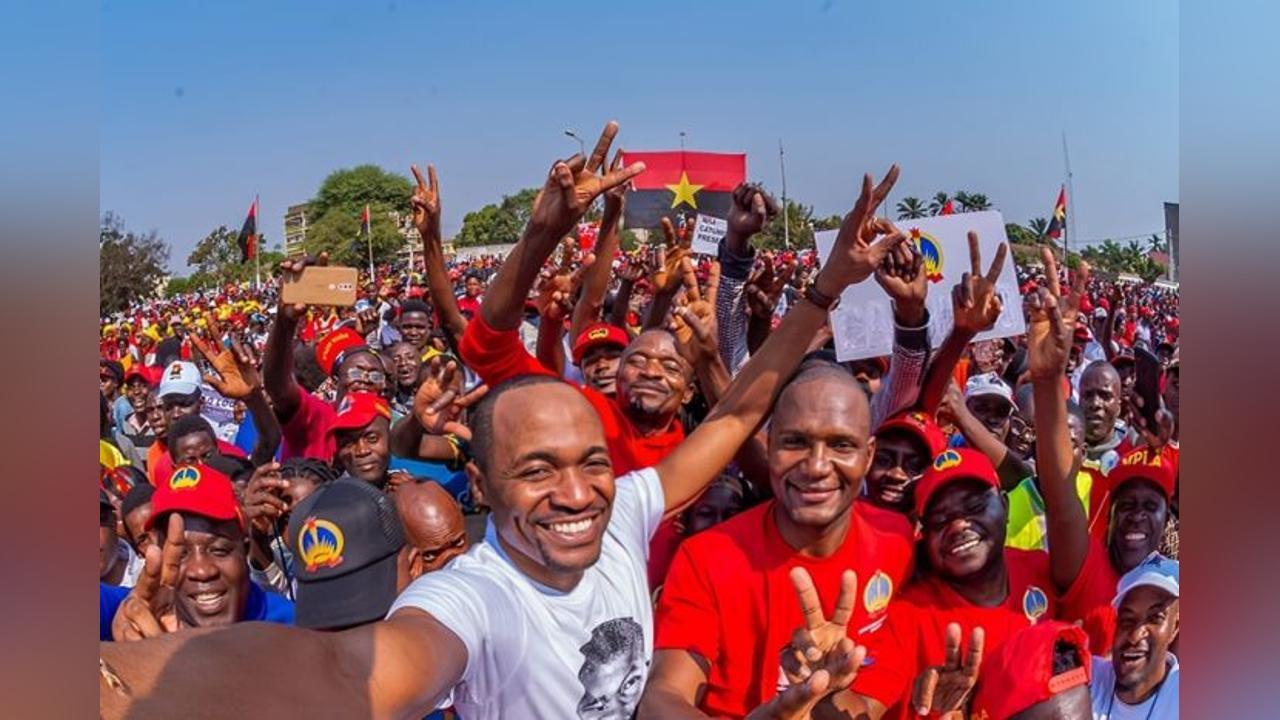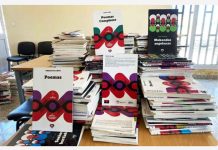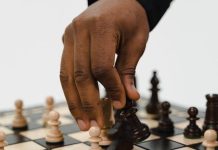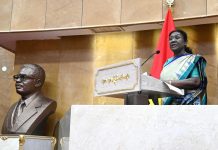By Rafael Morais
Africa-Press – Angola. In Angola, much is said about parties, ideologies, and leaders, but little is said about the militants, those invisible pieces who silently sustain power and often fuel their own oppression.
Fifty years after independence, the country still faces glaring inequalities, systemic corruption, and repeated policy promises at every election. And the question that echoes is simple: who really sustains this cycle?
I’ve come to the conclusion that Angola’s problem isn’t the political parties, it’s their militants. It is they who, driven by blind fanaticism, applaud lies, defend injustices, and bow before leaders who see them only as stepping stones to power.
We live in a time when many militants have ceased to be conscious citizens and have become voluntary servants of the system. They are like horses tied to a simple slipper, obeying without questioning, believing that power lies in the slipper and not in their own dignity.Meanwhile, leaders of these parties come up with manufactured policies, rehearsed speeches, and recycled promises. They say they’ve inaugurated modern hospitals, but when they get sick, they fly to foreign clinics. They boast about opening schools, but their children study abroad. They talk about progress, but their own families flee the reality they claim to have changed.
And the activist? Applauds. Defends. Justifies the unjustifiable.
Enough is enough, gentlemen! The true patriot is not the one who blindly defends their party, but the one who defends their country, even if it means contradicting the party they love. Because loving Angola means having the courage to point out the error, rejecting deception, and not allowing lies to become state policy.
A politician who lies to their people and flees the very system they created is an impostor. But the activist who applauds them, knowing they are lying, is complicit in the destruction of their own country and is worse than that liar.The future of Angola will not be decided by campaign speeches, but by the conscience of its citizens. It depends on knowing where we came from, where we are, where we are going, and how we can achieve this great objective: development. It is when each activist ceases to be a servant and becomes a citizen that the country will finally begin to be free and to develop.
For More News And Analysis About Angola Follow Africa-Press






